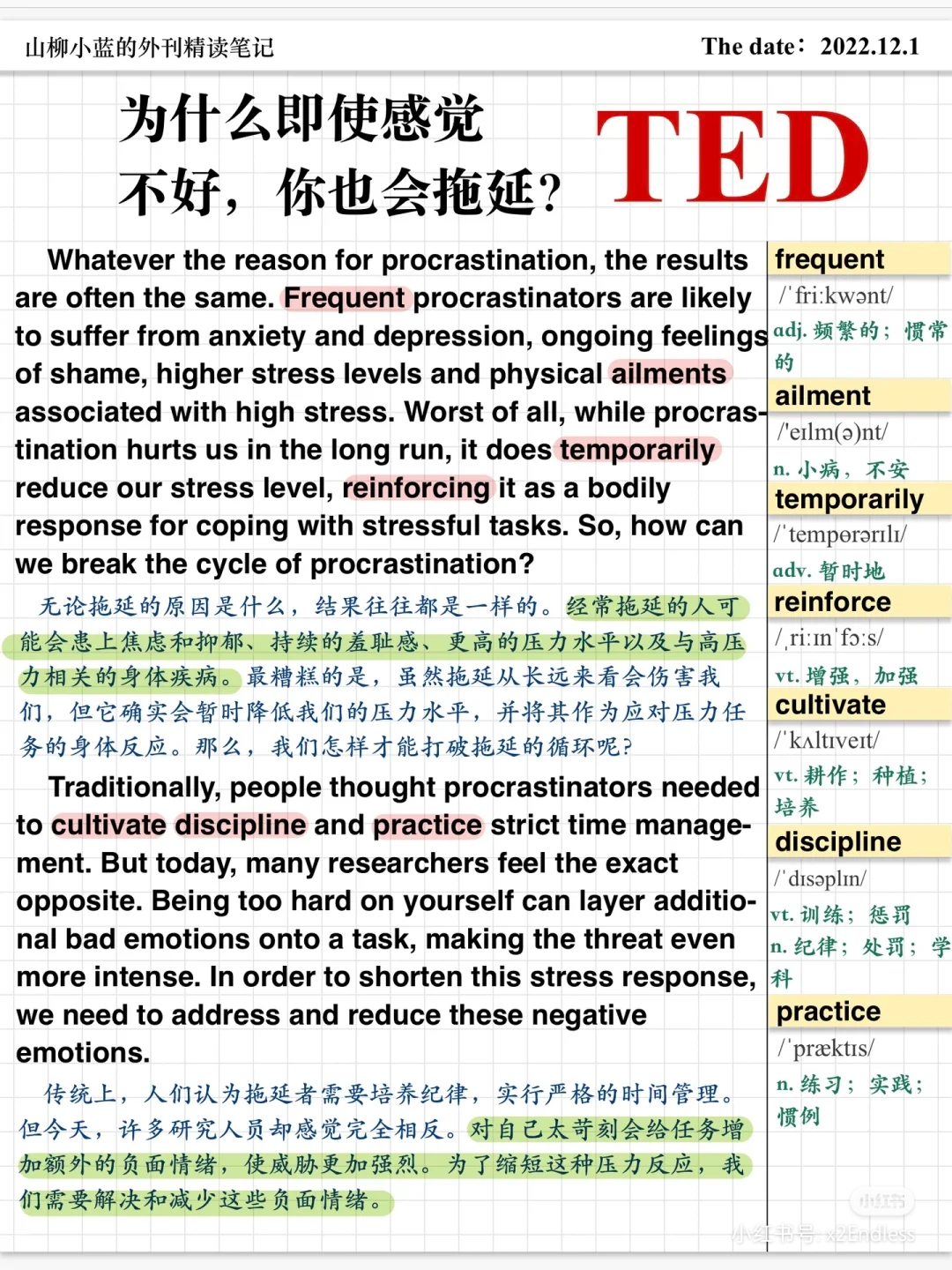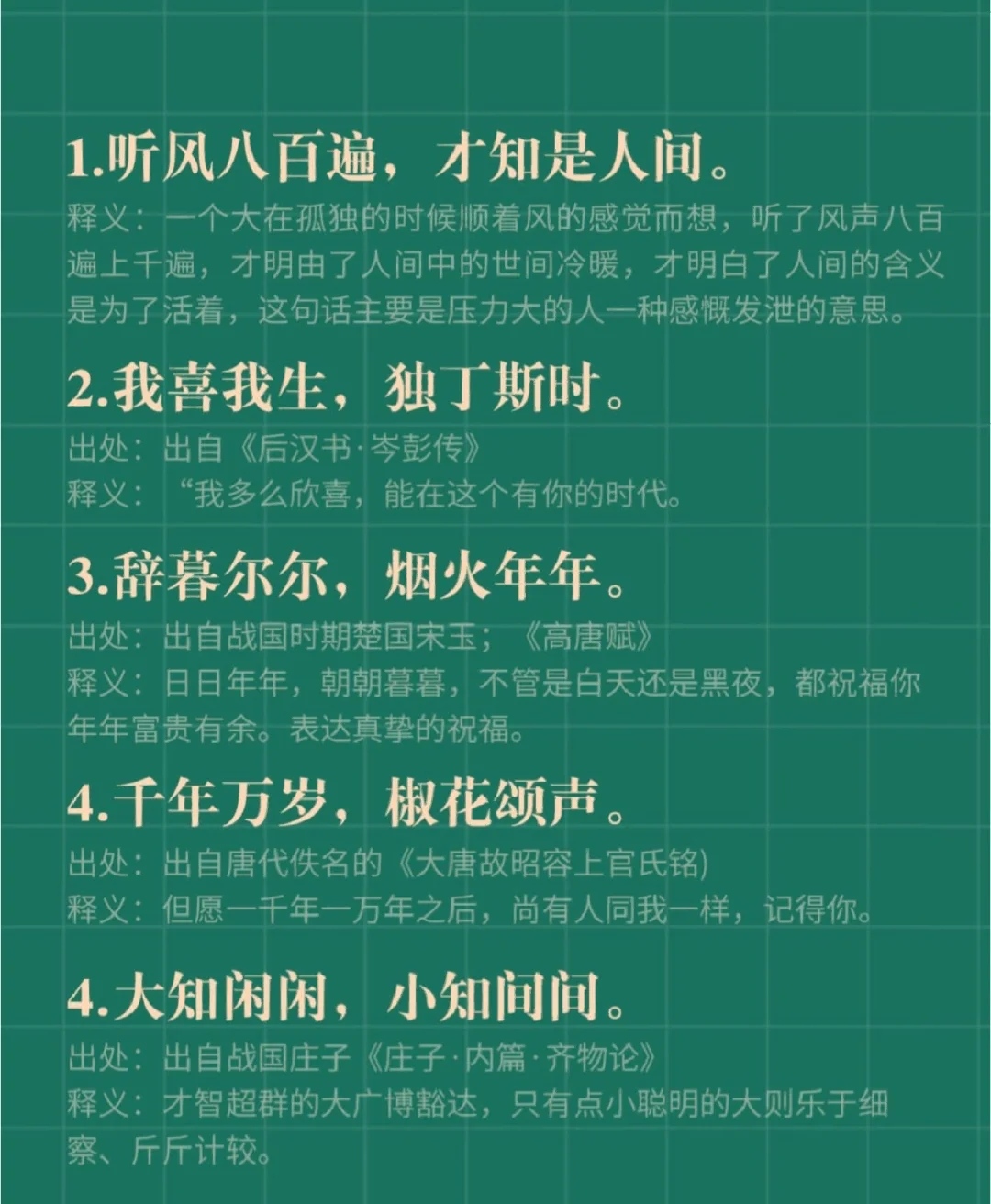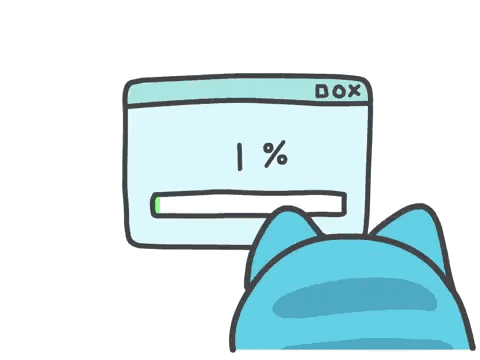Whatever the reason for procrastination, the results are often the same. Frequent procrastinators are likely to suffer from anxiety and depression, ongoing feelings of shame, higher stress levels and physical ailments associated with high stress. Worst of all, while procras-tination hurts us in the long run, it does temporarily reduce our stress level, reinforcing it as a bodily response for coping with stressful tasks. So, how can we break the cycle of procrastination?
无论拖延的原因是什么,结果往往都是一样的。经常拖延的人可能会患上焦虑和抑郁、持续的羞耻感、更高的压力水平以及与高压力相关的身体疾病。最糟糕的是,虽然拖延从长远来看会伤害我们,但它确实会暂时降低我们的压力水平,并将其作为应对压力任务的身体反应。那么,我们怎样才能打破拖延的循环呢?
Traditionally, people thought procrastinators needed to cultivate discipline and practice strict time manage-ment. But today, many researchers feel the exact opposite. Being too hard on yourself can layer additio-nal bad emotions onto a task, making the threat even more intense. In order to shorten this stress response,we need to address and reduce these negative emotions.
传统上,人们认为拖延者需要培养纪律,实行严格的时间管理。但今天,许多研究人员却感觉完全相反。对自己太苛刻会给任务增加额外的负面情绪,使威胁更加强烈。为了缩短这种压力反应,我们需要解决和减少这些负面情绪。

















暂无评论内容